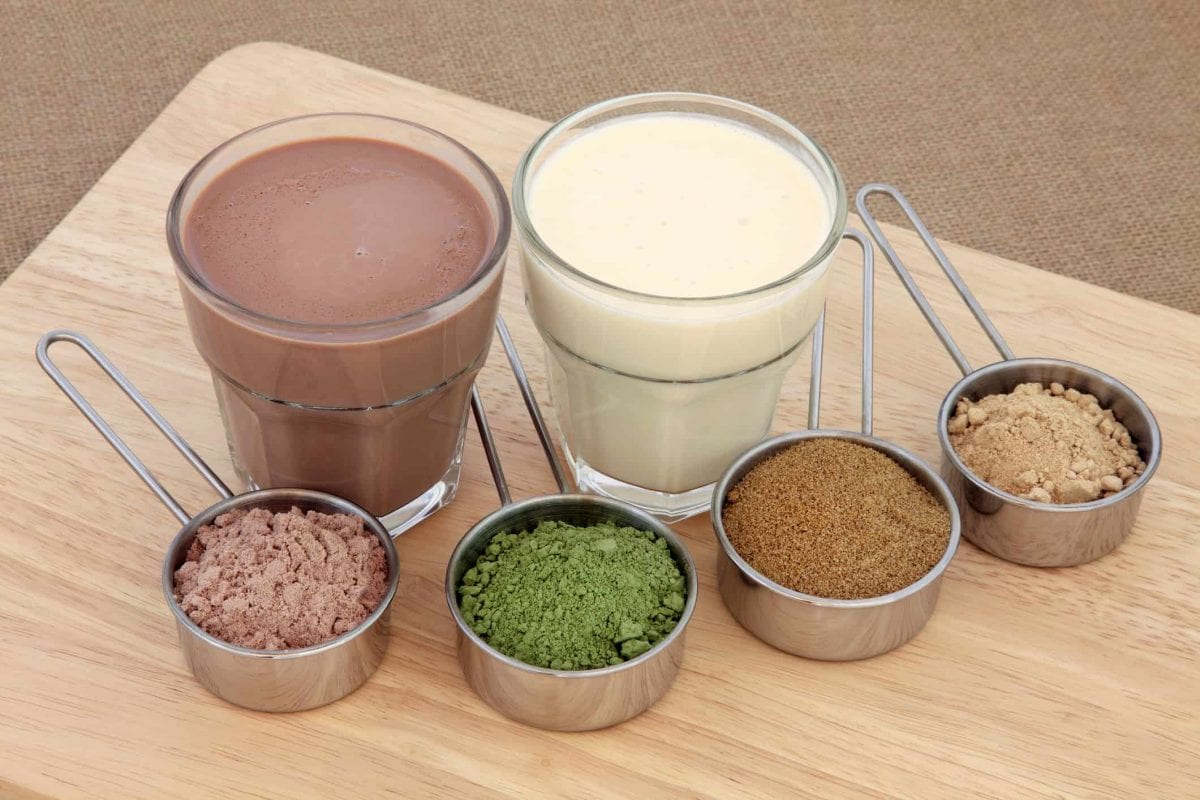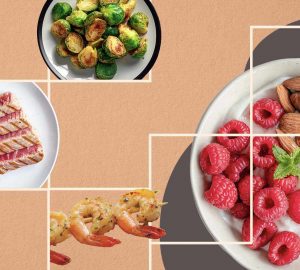The process of lifting weights and building muscle has long had an indelible link to animal produce, whether that be red meat, eggs, or the whey that fuels many protein shakes. In the modern day, that link is being weakened due to the impact of plant-based protein. According to Health.com, new studies have shown that plant-based protein is just as good as any other for building muscle, promoting bone strength, and creating good energy levels. In short, science shows that all proteins really are born equal. With that in mind, there are a few little adjustments you can make to a plant-based diet to get the most out of it.
Looking at protein shakes
A good place to start when considering moving into a plant-based diet regimen is protein shakes. Aside from providing an easily measured, consumed and metabolized portion of protein, shakes also do something else important in giving exact doses of helpful vitamins, minerals and other beneficial compounds. This is why, according to a 2018 Frontiers in Nutrition study, nutrient timing works so well with protein shakes – it gets vital vitamins to your body at the precise time they are needed to fuel your recovery and growth. Many plant-based protein powders contain complementary nutritional compounds such as ashwagandha, spirulina and casein protein to help promote the anti-inflammatory qualities lost when not using animal protein. Looking to identify what elements miss from the base qualities of a plant-based protein will help you to fine-tune a plant-powered training regime.
Incomplete proteins
Proteins are built from amino acids. Several meat-based proteins have the entire stable of amino acids in them, making them easy to access. However, that doesn’t mean plant-based protein are lacking any amino acids. In fact, as Healthline outline, eating a wide range of plant proteins will help to guarantee that you have access to the full range of proteins and amino acids that you rely on to remain healthy and to improve your muscle gains over the course of your workouts. Given the slight difference in nutrition and how you might hit your nutrient timings, you may want to look at fine-tuning your workout itself in order to ensure that you’re getting the most out of your diet.
A plant-based workout
According to vegetarian/vegan fitness mag The Beet, the main challenge is keeping up with supplementation and, crucially, staying creative. You must use a varied diet – in order to get all of the nutrients you need, you’re going to need a wide range of foods. The goods news is that you’ll get a lot of good stuff in throughout any given year, usually seasonal produce, which tastes better and gives you a really healthy overall outlook. Secondly, don’t be afraid to take supplementation. Vitamin B12, creatine and Vitamin D are all elements commonly missed in a beginner vegan diet that can greatly improve muscle gain and reduce fatigue.
Plant-based diets are good and will benefit you tremendously. It’s a healthy way to live, and you can enjoy the same level of gains as anyone else. Difficulty comes in variety – it’s harder to be lazy with your food choices when eating a plant-based diet – but that’s really not such a bad thing in the long run.








